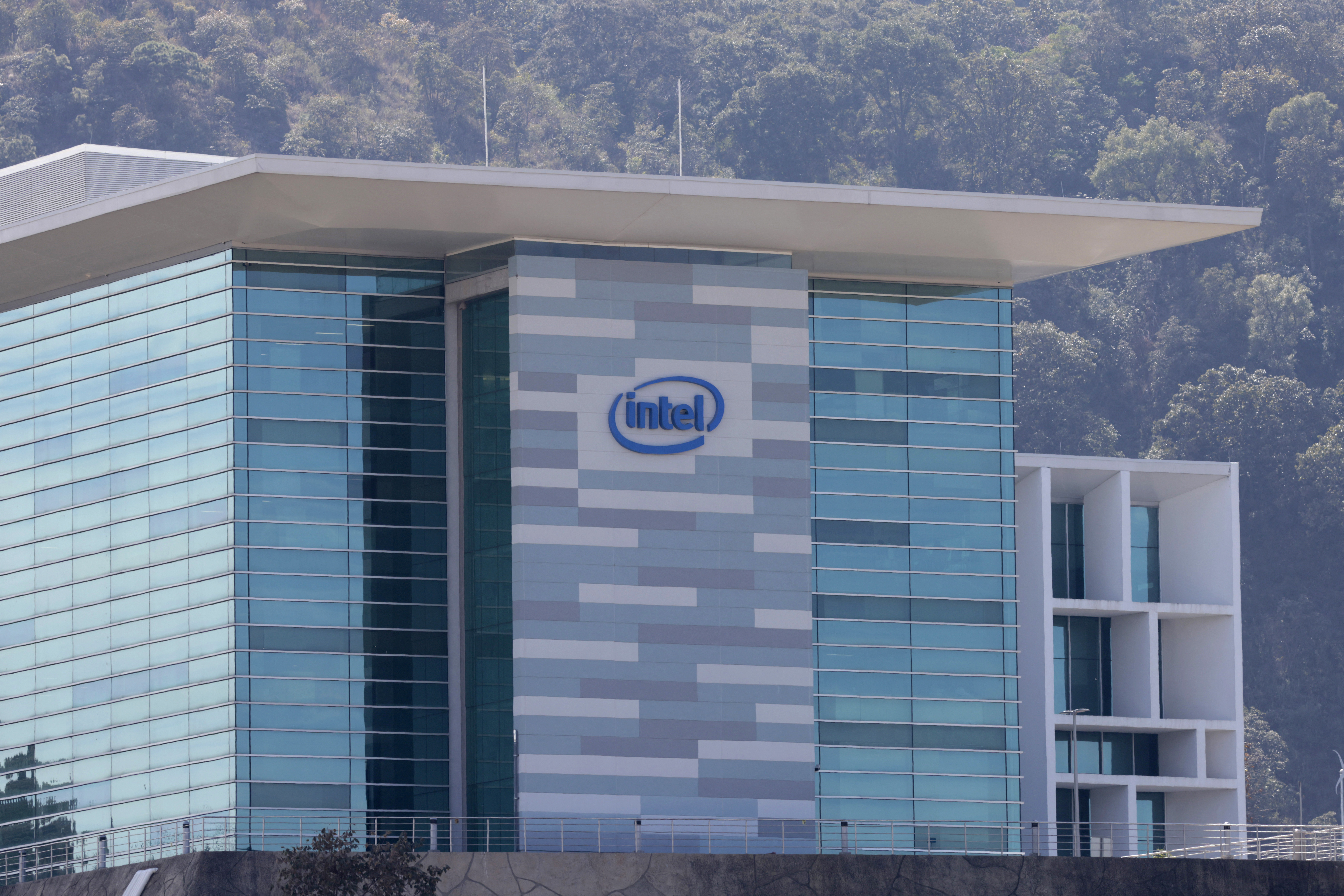
One of Intel's biggest missteps over the past decade was the failure to challenge Nvidia's dominance in the fast-growing market for artificial intelligence chips.
During his first earnings conference call with analysts as Intel's new CEO, Lip-Bu Tan outlined how Intel hopes to change that, but warned, "This is not a quick fix." Tan said he would comb through Intel's existing products to sharpen them for emerging trends in the AI market such as robotics and agents that can carry out tasks for human users.
ALSO READ: Bloomberg: Intel to cut over 20% of workforce
The undertaking will be challenging because Nvidia no longer sells just chips - it sells entire data centers, from chips to cables to software compilers. Tan on Thursday said Intel will take a similar approach.
Chief Financial Officer David Zinsner said that, in the near term, Intel won't make many more acquisitions. "Our priority will need to be, at this point, getting the balance sheet to a better place," Zinsner told Reuters in an interview.
The implication is that Tan's efforts to at last put together a coherent AI strategy will be homegrown.
"We are taking a holistic approach to redefine our portfolio, to optimize our products for new and emerging AI workloads," Tan said. "Our goal is to become the platform of choice for our customers. This requires us to radically evolve our design and engineering mindset and anticipate the needs of our customer well in advance."
READ MORE: Intel CEO Gelsinger forced out after board lost confidence in turnaround plan
Historically, Intel's approach was to leave AI startups to do the work of developing new chips and then acquire them. Between 2016 and 2019, the company purchased a string of chip companies - Movidius, Mobileye, Nervana and Habana Labs - that it hoped would help it crack the AI market.
While Mobileye retained a strong position in autonomous driving and Intel has retained a stake in the company after a spinout, the rest of the deals failed to help Intel gain traction against Nvidia.
“Intel has a long history of building important new silicon developments within its own walls, so I’m not shocked to see them focus on in-house developments for AI," Bob O'Donnell, chief analyst at Technalysis Research, told Reuters. "If they can build the appropriate set of software support to help make it easy to deploy these new chips, then they have a chance—but that is a big if.”
READ MORE: Nvidia to invest billions in US chip production over four years, FT reports
But other analysts said that Nvidia's dominant position, along with the efforts of major cloud-computing firms such as Amazon.com and Google to build their own AI chips, leaves little room for Intel to break into the market.
The company provided a glimpse of its overall AI strategy and will focus on chips and systems that run AI applications and edge devices, according to Hendi Susanto, a portfolio manager at Gabelli Funds, which holds Intel shares.
"While these areas show promise, the scale and pace of their growth remain uncertain," Susanto said.


